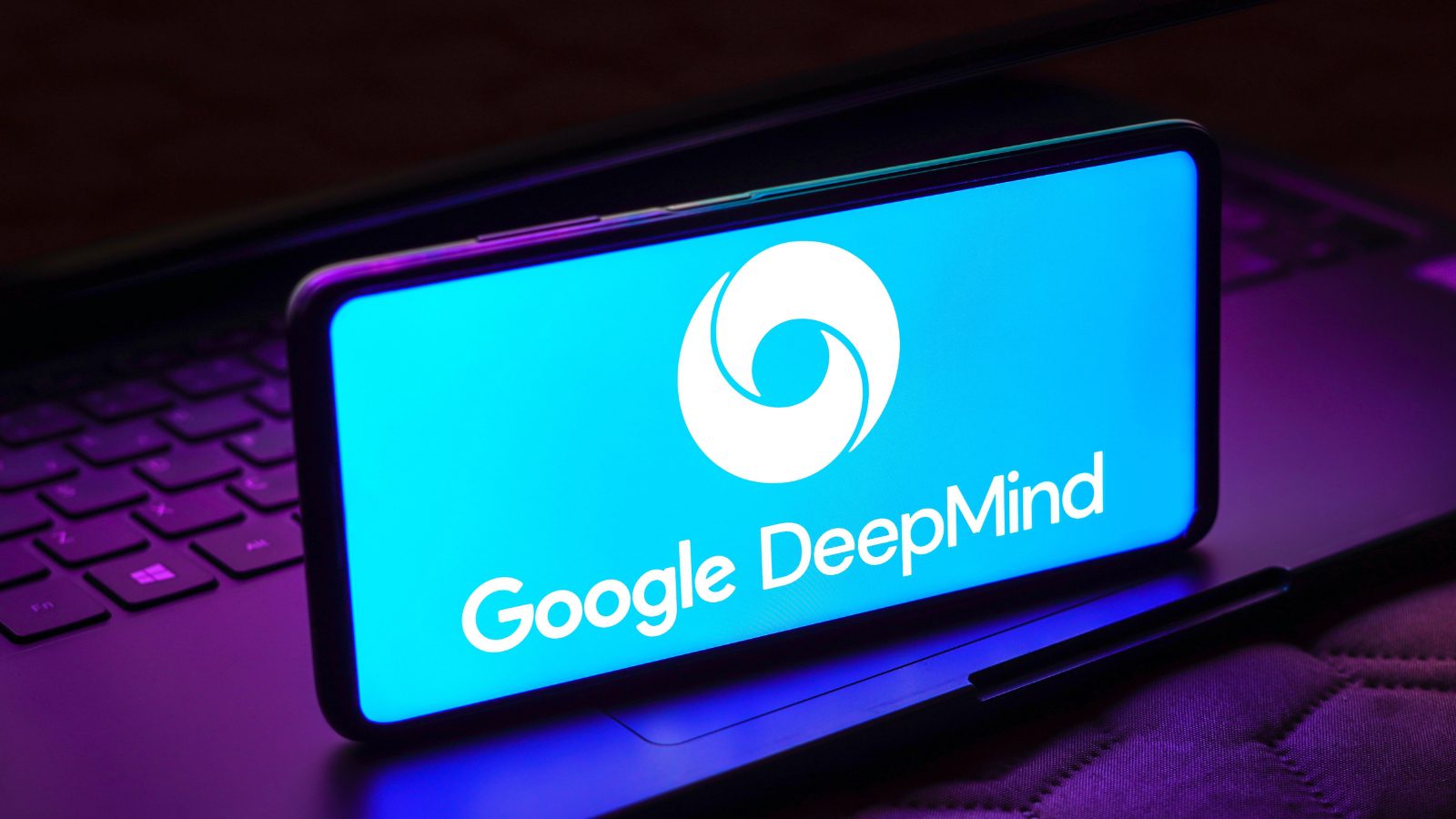Google DeepMind has introduced a groundbreaking video processing model, marking a major advancement in artificial intelligence and setting the stage for competition with Sora, a dominant force in video AI.
Announced on December 16, 2024, the innovation promises to redefine how video data is analyzed and generated, with wide-ranging implications for industries relying on video technology. This move is another demonstration of DeepMind’s relentless pursuit of pushing the boundaries of AI applications, directly challenging established players in the field.
The new model, which has yet to be widely tested in real-world environments, leverages DeepMind’s proprietary advancements in machine learning to surpass the capabilities of traditional video models. While specific technical details remain under wraps, early insights suggest that the model boasts significant improvements in speed, efficiency, and quality.
According to experts, this development signals a clear intention by Google DeepMind to establish itself as the preeminent force in video AI technology, a market currently dominated by the acclaimed Sora platform.
Early reports from DeepMind claim the model can process video frames at a faster rate while maintaining superior accuracy and utilizing lower computational resources compared to competing solutions.
Sora, known for its wide adoption in industries such as media production, sports analytics, and even video game development, has set an exceptionally high standard in the field of video AI.
However, DeepMind’s latest entry is viewed by industry analysts as a calculated attempt to dethrone Sora by offering a cutting-edge alternative. Market observers note that while Sora has been a benchmark for quality, a challenger backed by Google’s extensive resources and AI expertise could force a rapid evolution across competitors.
The evolution of video AI technology is of critical importance for industries struggling to process the rapidly growing amount of video data generated each day. While this model represents a significant technological leap, experts caution that its competitive success will depend on real-world performance and adoption rates.
According to research by Cisco, online video accounted for 82.5% of global internet traffic in 2023, a trend expected to accelerate. DeepMind’s model reportedly incorporates advanced techniques such as neural network optimization and reinforcement learning, both areas where the organization has excelled in the past.
Google’s broader involvement in AI development and its investment in DeepMind have positioned it as a critical player in the global AI race. Over the last decade, DeepMind has achieved global recognition for breakthroughs such as AlphaGo and AlphaFold, which revolutionized the fields of gaming and protein structure prediction.
One factor that could hasten adoption of DeepMind’s video model is its reported ease of integration with existing platforms. By designing the model to accommodate widely used tools and workflows, DeepMind could potentially lower barriers for companies interested in upgrading their video AI infrastructure.
The competition, however, remains stiff. Sora is rumored to be preparing a major feature update, setting the stage for an intense battle in 2025 to capture market share and developer interest.
Another important angle is how this innovation affects the general public. For consumers, improved video AI capabilities could mean enhanced streaming services, better video search functionality, and fully immersive experiences in augmented and virtual reality.
Historically, adoption in AI has hinged not on technology alone, but on how effectively companies can bridge the gap between research and real-world deployment. The success of DeepMind’s model will likely depend on how quickly it can deliver demonstrated value across various sectors.
Additionally, potential regulatory scrutiny around AI applications, especially those involving video content, may shape the trajectory of its rollout in the coming years.
While the full impact of Google DeepMind’s announcement remains to be seen, one thing is clear: the competition in video AI is heating up. As industries and developers await further details about the technology, it’s evident that this new model could serve as a catalyst for innovation across the board, pushing rivals like Sora to enhance their offerings and driving advancements that redefine what’s possible in the realm of video analysis and generation.
News Source: https://techcrunch.com/2024/12/16/google-deepmind-unveils-a-new-video-model-to-rival-sora/









